‘Canada is right in the middle’: What Trump’s Greenland threats mean for #Canada.
For people living in Canada’s Arctic, rhetoric that once seemed absurd has quickly become frightening.
“In the beginning when (U.S. President) Donald Trump said he wanted to buy Greenland, I just laughed it off because it was so absurd,” says Aaju Peter, a Greenlander who now lives in Iqaluit. “I (now) find it unsettling, and I don’t know the word in English but it’s really a threat.”
Peter is not only worried for her native Greenland, but also for all Inuit people who live throughout the Arctic. She believes if the United States is successful in annexing Greenland, that Canada’s north could be next.
“Canada is right in the middle, between Greenland and the United States,” she says. “And he is going to want to take over Canada. Seeing a threat being made to the Inuit in Greenland is also a threat to us in Arctic Canada.”
The Trump administration says controlling Greenland is necessary for U.S. security. Today, U.S. Ambassador to Canada Pete Hoekstra was asked by CJAD Talk 800 host Elias Makos if Trump has his sights set on Canada’s Arctic territory next.
“We’re not moving to a point where are disagreeing on how to protect the north,” Hoekstra said. “We are actually moving to a point where we are in lockstep.” Hoekstra cited a deal between Canada, the U.S. and Finland to build icebreakers as an example of the two countries working together.
While Ottawa has pledged billions of dollars in new defence spending, including money to protect the north, experts say asserting security – and sovereignty – must also include efforts to build and grow strong communities.
“It’s really a whole of society approach,” says Gaëlle Rivard Piché, executive director of the CDA Institute, a security think-tank. “Working with northerners, governments, Indigenous People who live in the region and make sure they have the same services.”
In its national security strategy, the Trump administration laid out its plans to restore American dominance in the Western Hemisphere.
“After years of neglect, the United States will reassert and enforce the Monroe Doctrine to restore American pre-eminence in the Western Hemisphere, and to protect our homeland and our access to key geographies throughout the region,” the document says.
And while Trump’s actions in Venezuela and threats against Colombia and Mexico are examples of a changing U.S. foreign policy, some experts warn his sabre-rattling against NATO member Denmark, of which Greenland is an autonomous territory, poses a significant risk to international security.
“This is very in-line with his modus-operandi, but it is going to come at a terrible cost,” says Andrea Charron, director of the Centre for Defence and Security Studies at the University of Manitoba.
“It calls into question the trust that is essential to a collective defence alliance like NATO continuing to exist and creates a rupture between the allies,” she says.
Charron adds it could also lead other countries to move on their own ambitions within their regions.
“It really sends a signal to adversaries that we are in chaos and now is the time to take control of your spheres of influence,” Charron says. “This is sending the wrong message to what we call the CRINKs (China, Russia, Iran and North Korea).”
As Danish and Greenlandic leaders urge the United States to end its threats to annex the territory, France and Germany plan to send troops to the territory at the request of Denmark. Canada also has troops in Greenland, but the Ministry of Defence says Canadian Forces members are participating in a previously planned training exercise that takes place every year in Greenland, not because of the ongoing threats.
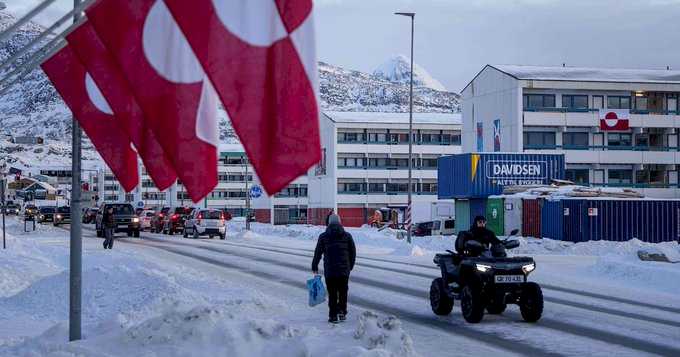

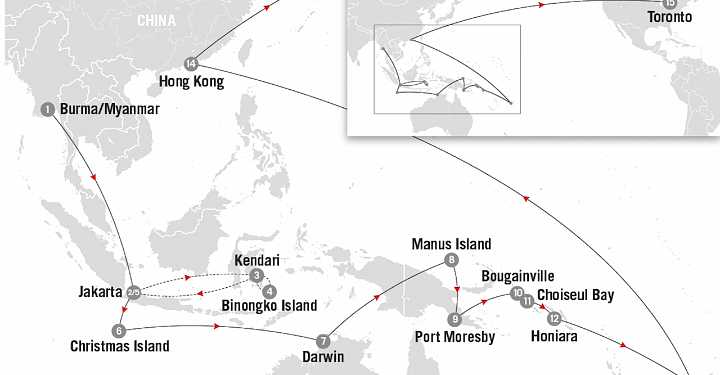


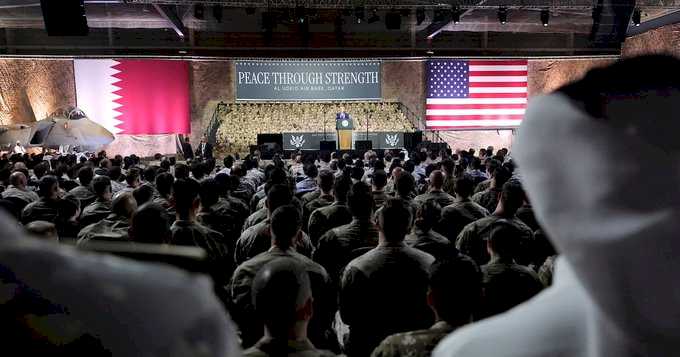
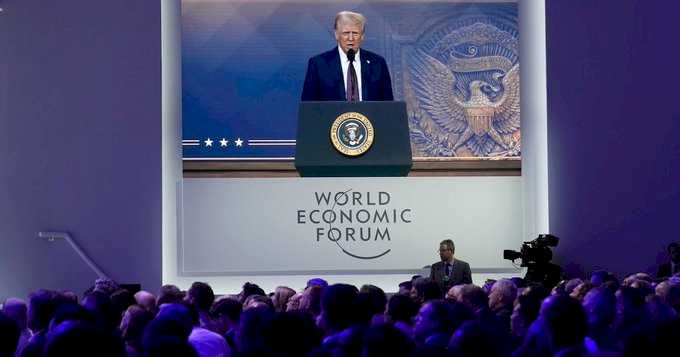
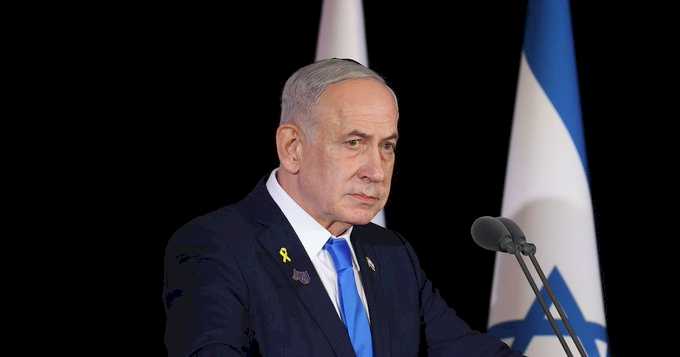
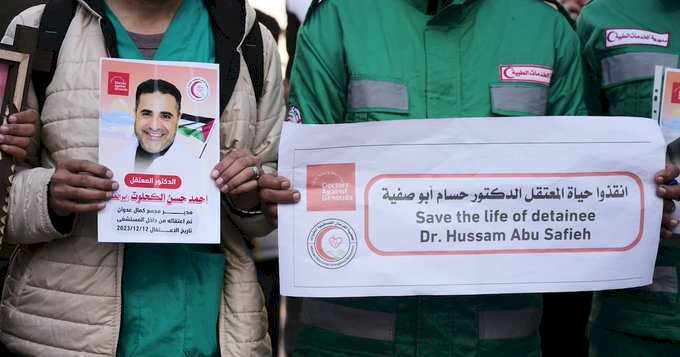
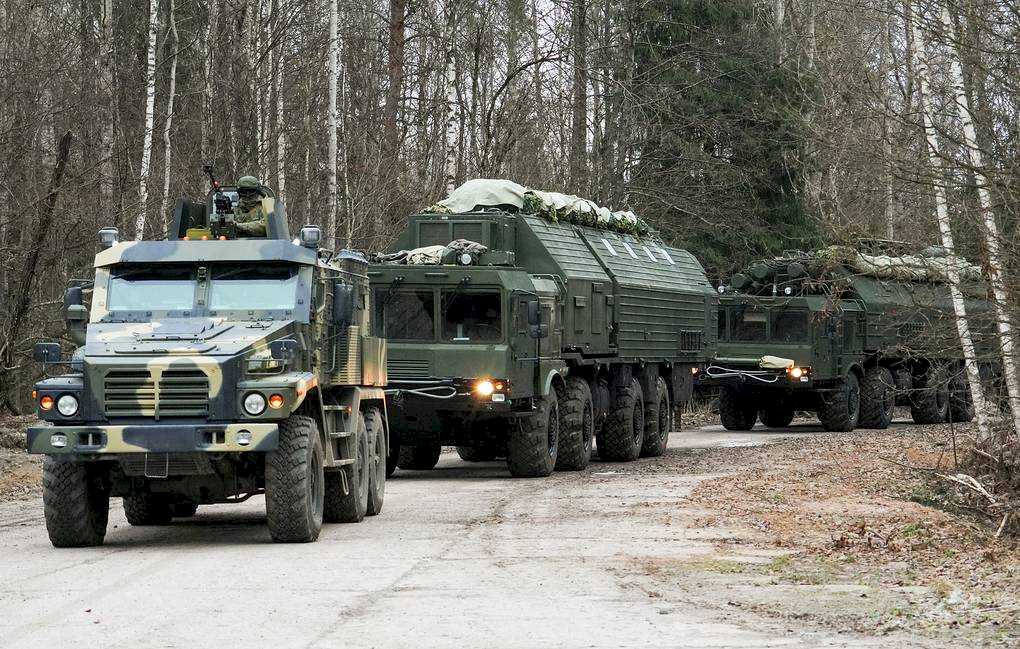
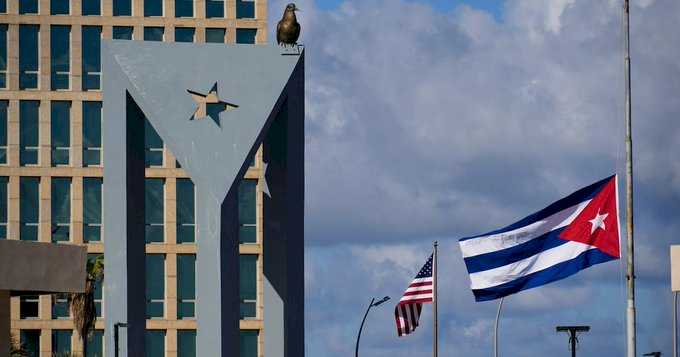
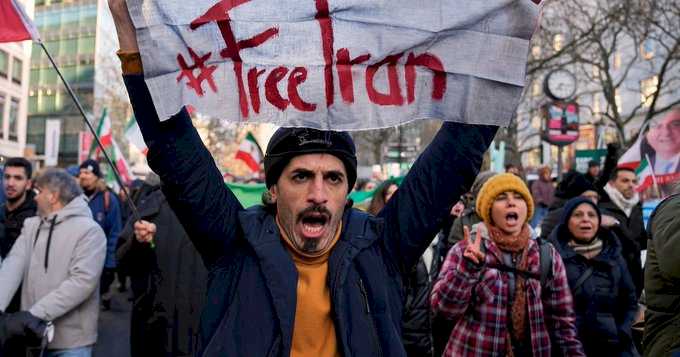

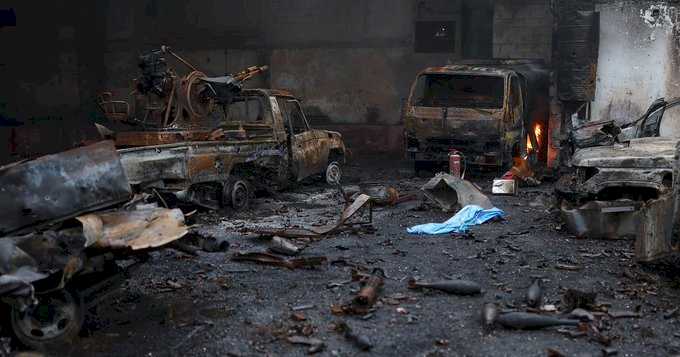


Global News on Umojja.com